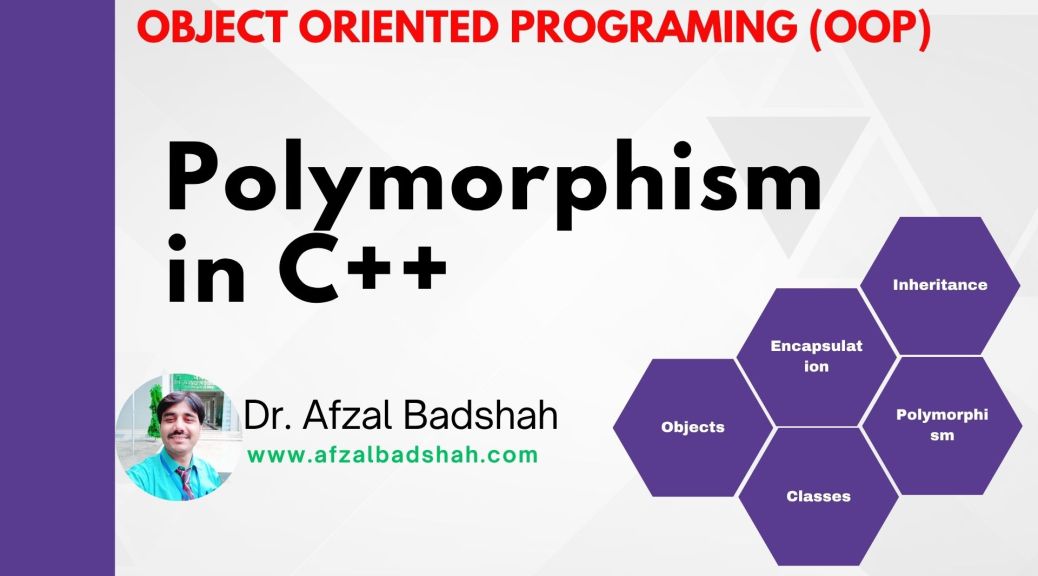Polymorphism in C++ | OOP Tutorial with Real-Life Examples
Polymorphism is one of the four core concepts of Object-Oriented Programming (OOP), along with encapsulation, inheritance, and abstraction. The term polymorphism is derived from two Greek words; poly (many) and morph (forms). In programming, it means one name, many forms. In simple words, polymorphism allows a single function, operator, or object to behave differently based on the context. This makes our code flexible, reusable, and easy to extend. Understanding Polymorphism Think about the word “drive”.A car drives, a bike drives,…



